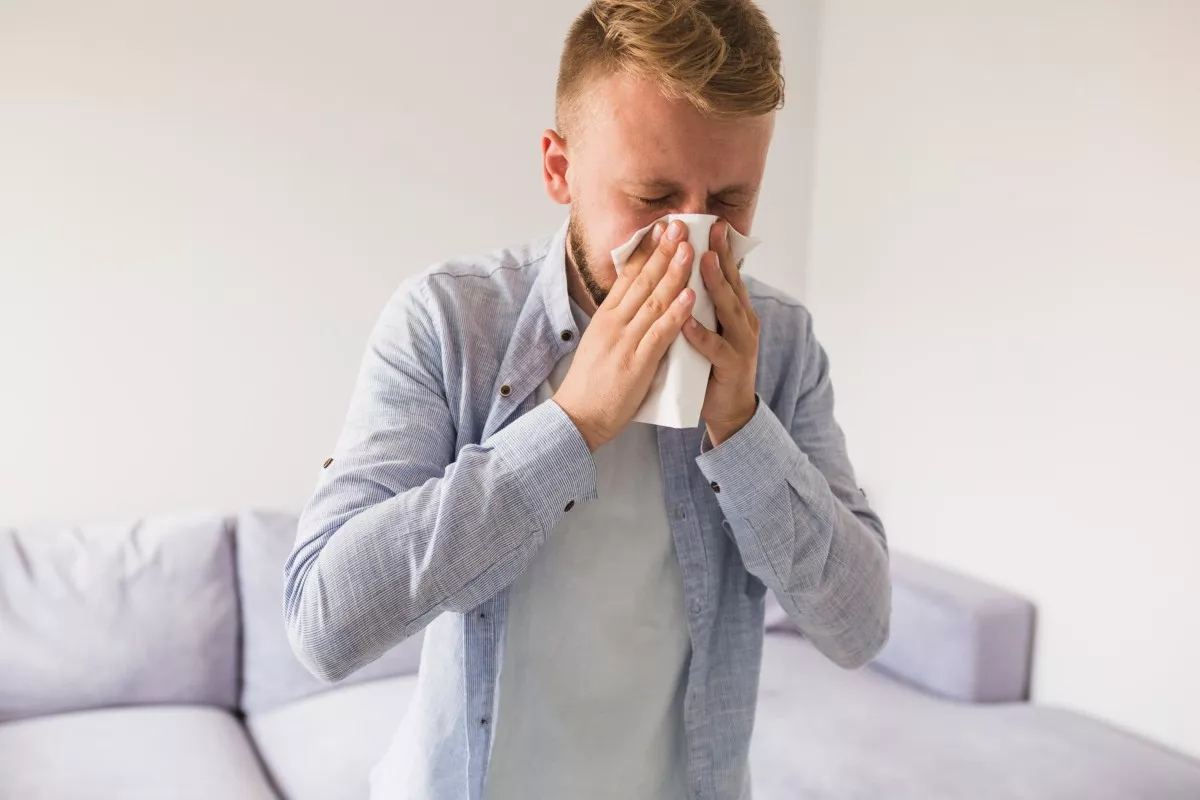Throat infections are not limited to winter. They can strike during any change in season. Many people notice the pattern. A sore throat appears just as the weather shifts. Some dismiss it as a minor cold. Others try home remedies and carry on. But if it keeps returning, it may be a sign that your throat is reacting to seasonal stress. Understanding the root cause of these infections and how to prevent them can protect your comfort and health.
Why Seasonal Changes Affect the Throat
The human throat has a thin protective lining. It stays moist under normal conditions and traps irritants before they reach deeper airways. When the season changes, the environment shifts quickly. The air becomes colder or drier. Humidity drops or increases. These changes affect the mucous membranes in the throat. They become dry or inflamed. That makes it easier for viruses and bacteria to enter and grow.
Seasonal transitions also reduce immunity. The body struggles to adapt to temperature swings, especially when exposure is sudden. This opens the door to infection. These factors combine to explain why throat infection reasons are more common in transitional months than in stable seasons.
Common Symptoms to Watch For
A seasonal throat infection usually begins with a mild irritation. It feels dry or scratchy at first. Over the next day or two, it may lead to a sore throat, difficulty swallowing, or hoarseness. Some people also develop mild fever or a persistent cough. While others notice white patches on the tonsils or swollen glands in the neck.
If the symptoms are mild and go away in two or three days, it may not need strong treatment. But if the pain worsens, the fever rises, or swallowing becomes difficult, it may be time to explore throat infection treatment with a specialist.
Environmental Triggers That Worsen the Problem
Dry air is one of the major culprits. When the air loses moisture, it pulls water from the throat’s surface. This weakens its defence. Cold air also narrows the blood vessels in the nose and throat. That slows down the immune response in these areas.
Dust, pollen, and pollution rise during some seasonal transitions. These irritants inflame the throat and make it more vulnerable. Individuals who prefer to sleep with fans or air conditioners running [without filters] may experience dryness in the throat overnight. Sudden exposure to cold air in the morning also shocks the system.
ENT specialists in India have observed that these environmental factors increase throat complaints especially in urban areas. Changes in temperature between indoor and outdoor spaces also confuse the body’s defence system.
Daily Habits That Make Infections Worse
People often ignore hydration during seasonal changes. They drink less water in winter or during wet seasons. Dehydration dries out the throat. Smoking, alcohol, and caffeine also strip moisture and irritate the lining.
Skipping meals, staying up late, or not getting proper sleep also reduces immune defence. Poor diet and sedentary behaviour do not directly cause throat infections, but they reduce the body’s ability to fight off the first signs. A weak immune system allows a mild throat irritation to turn into a full infection.
Understanding these patterns helps explain recurring throat infection reasons. They are not always from external sources. Sometimes, they result from internal imbalance.
When to Visit a Specialist
If your throat infections are frequent and always occur during seasonal changes, it may be time to consult a professional. A persistent sore throat, repeated fever, or visible white spots in the throat are signs that you need expert help.
ENT hospitals in India offer diagnostic tools like throat swabs, endoscopy, or allergy screening to identify deeper causes. Sometimes, a person may have enlarged tonsils, sinus problems, or chronic irritation that needs treatment. Delaying care may result in complications such as abscess formation or infection spreading to the ears or lungs. Early attention often avoids the need for antibiotics or surgical treatment.
Throat Infection Remedies That Actually Help
Not all remedies work the same for every individual, but certain approaches consistently offer relief.
- Warm saltwater gargles reduce throat inflammation and clean the surface effectively.
- Steam inhalation helps restore moisture in dry airways and clears irritants.
- Honey and ginger are widely used for their soothing and anti-inflammatory effects.
- Warm fluids like soups and herbal teas ease discomfort and keep the throat hydrated.
- Using a humidifier maintains indoor air moisture during dry seasons.
These throat infection remedies are easy to follow at home and are often suggested by ENT specialists in India for managing mild symptoms before they escalate.
Final Overview
Throat infections are not always caused by infection alone. Seasonal triggers, environmental stress, and low immunity all play a role. If symptoms repeat or persist, it is wise to seek help at a trusted ENT hospital in India. With proper care and routine awareness, seasonal throat infections can be managed before they become a serious concern.











